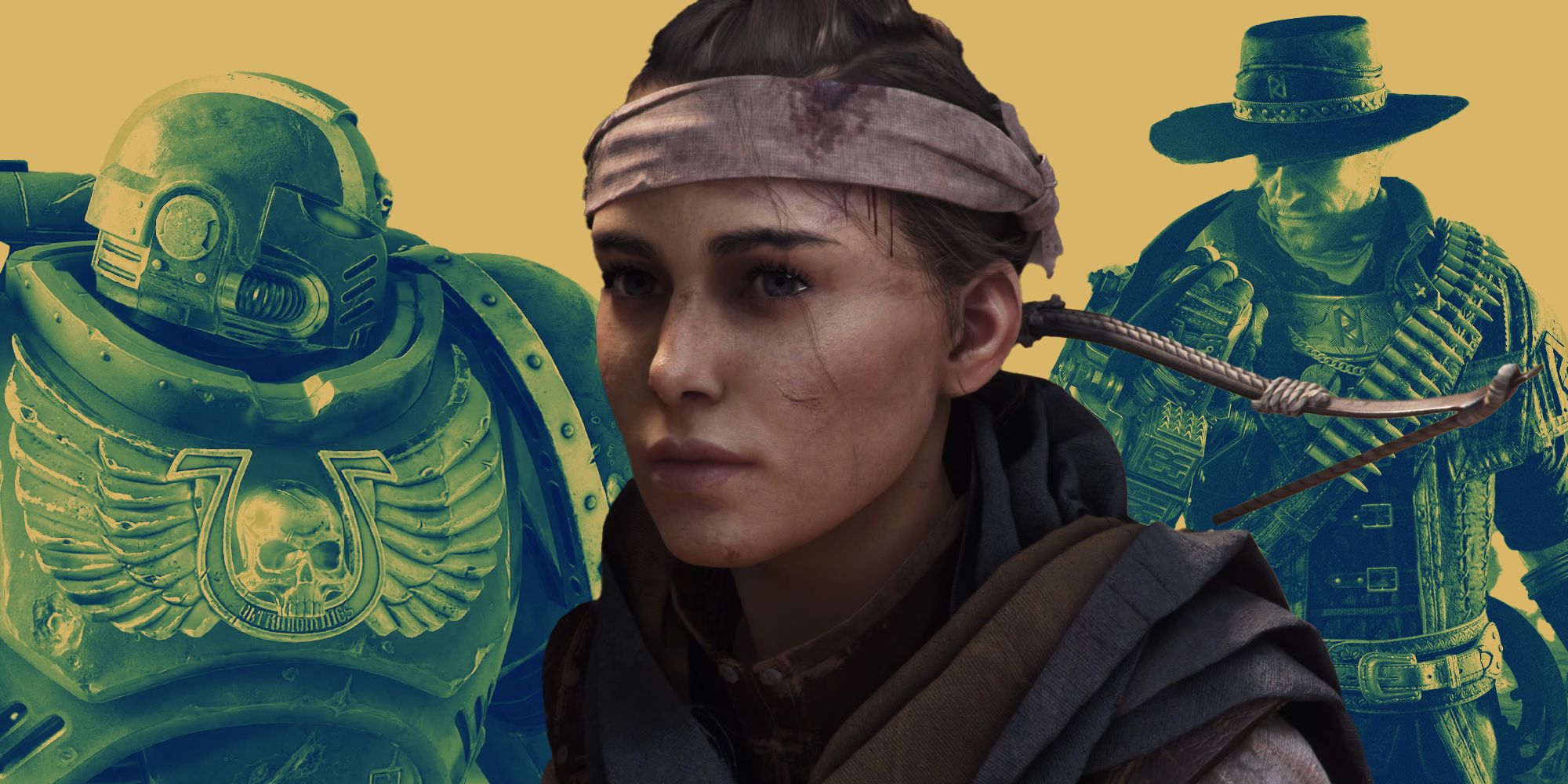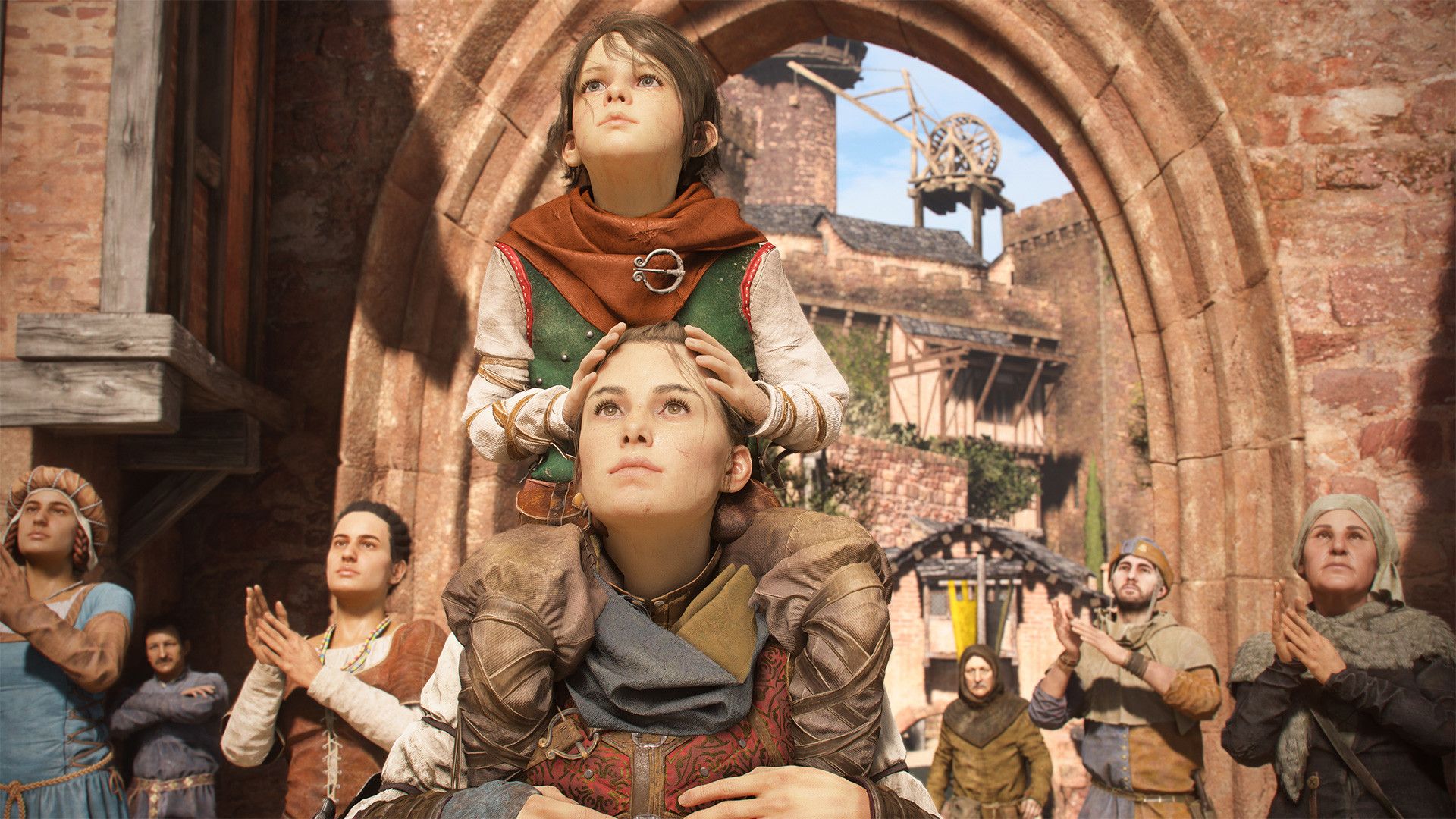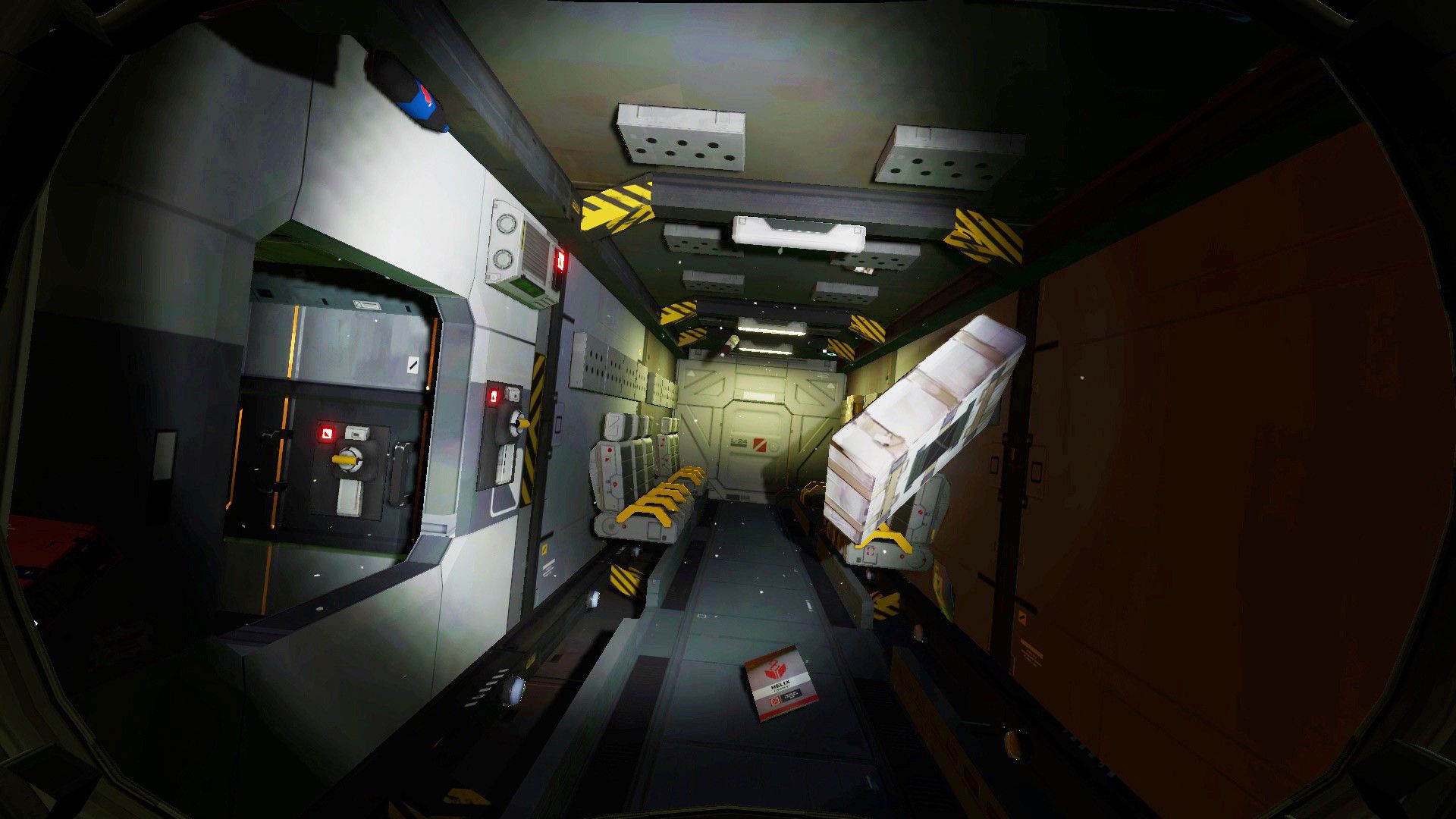B-games have become a bit of a lost art in recent years. Heightened budgets and longer production cycles has meant taking a chance on smaller projects or new intellectual property is riskier than ever, so the majority of studios opt for safe sequels or remasters of games that already exist and guarantee a satisfied audience. Jank isn’t something we see much these days, with lower budgets and freeform experimentation now a facet of indie studios instead of larger development houses we might have turned to in the past. Even if these titles aren’t meant to set the world on fire, there’s something oddly bittersweet about their absence.
Focus Entertainment is a publisher with a plan to bring back those forgotten times, whether it be through bankrolling games that other companies might ignore, or by adopting a culture of welcoming all titles big and small under its umbrella with a similar amount of support and expertise. Earlier this month I visited the studios in Paris to celebrate the upcoming release of A Plague Tale: Requiem, receiving a tour of the premises and a deeper understanding of what the company hopes to achieve with its growing portfolio of ambitious games. While it has grown larger and is taking on more responsibilities than ever, chief creative officer Dessil Basmadjian ensures me Focus wants to maintain its punk attitude, either by taking chances on niche genres or providing a home for experiences that might otherwise go unsupported.
But what exactly is a B-game? I think it’s unwise to label it as something that strives to be a triple-A title but doesn’t have the resources or expertise to reach such heights. B-games actively recognises those restrictions and decide to use them to their advantage. Recent examples from Focus Entertainment range from Hardspace Shipbreaker to Greedfall - both games that exist within familiar genres but aim to explore fascinating mechanics and subject matter not seen anywhere else. Asobo Studio might be riffing on The Last of Us quite clearly, but there aren’t many games out there that have you taking control of rats to take down corrupt religious institutions. Shipbreaker is a rebellious tale of our dystopian corporate future and how humanity will need to rise up against emergent powers when the time comes, and all of this is wrapped up within a simulator-esque formula of breaking down giant spaceships with keen precision.
Basmadjian says that Shipbreaker was turned down by publishers until it found a home at Focus, and here it was able to flourish in early access before exploding onto Xbox Game Pass in recent weeks. Audiences are still willing to try out new games, but they first need to be funded and marketed in the right ways to be put in front of us. Focus is basically a middle man, enabling innovation from the sidelines and guiding studios who might have otherwise been lost amidst all the noise. Everything is done internally right down to quality assurance to cutting together trailers for big releases, ensuring that nothing falls between the cracks. This approach can have its flaws, but by embracing it the company is able to extend its reach and diversify its portfolio beyond a selection of hit-or-miss games where some ascend to blockbuster status. A Plague Tale: Innocence would eventually sell millions of copies, but this was only through word of mouth, extended sales, and perseverance, something many bigger publishers are unwilling to bet on.
Focus Entertainment went quiet for a bit a few years back, extending the dev cycle of its internal projects and rebranding its entire image during the pandemic. Instead of sounding like a company that sells smart fridges in B&Q, it now resembles a multimedia brand with its fingers in multiple pies. This new direction comes in the form of three distinct lines of titles - Focus Series (story-driven and co-op experiences), Focus Sim Series (your simulators and more mechanically dense outings), and Focus Indie Series (hit or miss titles, and those that often require a larger amount of risk). Some obviously won’t fit within these neat little boxes, but in turn Focus hopes this will allow them to have a wide yet specific trajectory, one that can take on all manner of projects instead of pigeonholing itself to certain genres and ideas.
The enthusiasm is infectious as I’m shown footage from a selection of upcoming games, some of which I can’t talk about yet, and stressed that creative independence is maintained in spite of this constant communication. There is even talk about acting as a springboard of sorts for studios, giving them a chance to shine before they move on to even bigger and better things. Asobo Studio is putting the finishing touches on Requiem, yet it also works on Microsoft Flight Simulator and other things yet to see the light of the day.
There’s a lot of diversity on display here, and far fewer major publishers are willing to take this many chances. Not all these games are memorable bangers, but the fact they exist is worth celebrating. Focus Entertainment has also become a frequent presence on Xbox Game Pass, and Basmadjian is surprisingly candid about the reality of depending on such a service. While the guaranteed profits and security that come from working with Microsoft to launch games on the service is an obvious boon, you’re also throwing away potential sales for a fraction of the asking price in order to put titles out there that might otherwise be lost amidst the chaos.
Many of its games are considered niche or made for certain demographics, while the ease of use associated with Xbox Game Pass has seen consumers take a chance on games which may have otherwise been overlooked. Yet a future where everything exists on a service for a small monthly fee isn’t good for publishers or developers, and the long-term dependency of subscription services also hasn’t been proven.
Basmadjian also tells me that developers are currently being acquired at a very fast rate with no long term creative vision, and this will come to bite companies like Sony and Microsoft in the ass when they are faced with some hard decisions in the years to come. While Focus does own a fair few studios itself, it would rather establish business relationships and work within its means instead of diving into risks it can’t justify. There is a humble righteousness to it all, and with games like Space Marine 2 on the horizon, Focus is pushing itself further than ever without ever going too far. Time will tell if it can bring B-games back into the limelight and encourage others to join in the fun, but right now the future looks bright, and I hope it keeps surprising us with unexpected gems.



